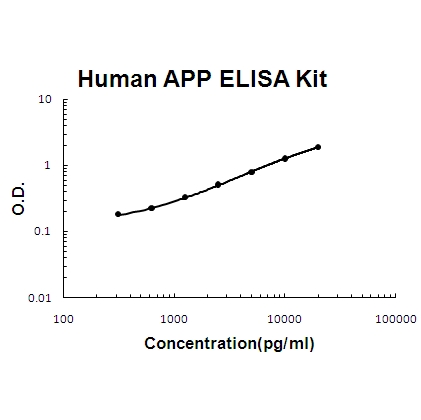Plate-based assays designed for detecting and quantifying substances such as peptides, proteins, antibodies, and hormones, enzyme-linked immunosorbent assays (ELISAs) are used to detect antibodies related to several infectious conditions.
A wide variety of ELISA kits is available to detect human IgG, IgA, and IgM antibodies to bacterial, viral, fungal, and protozoan antigens. You can easily get the Amyloid Precursor Protein ELISA online.
This common but versatile laboratory technique offers many advantages for clinicians and laboratories:
• Provides fast and accurate results
• Very sensitive
• Easy to apply
• Easy to automate

Favorable comparison with other methods such as radioimmunoassay (RIA) tests (no need for radioactive substances or expensive radiation meters). ELISA kit can test antibodies and antigen
The FDA approved the use of the polymerase chain reaction (PCR) test to diagnose the Ebola-Zaire virus. Enzyme-linked Immunosorbent Assay for Antigen Capture (ELISA) and IgM-ELISA are diagnostic tests for Ebola several days after the onset of symptoms.
This test binds anti-human IgM to the bound surface. The patient's serum is placed on the surface and will bind to anti-human IgM if it contains Ebola IgM. When the Ebola antigen is added, it binds to the anti-Ebola IgM.
The substrate is added and the signal generated by the enzyme-substrate reaction is checked. A change in color will indicate the presence of the Ebola virus. Since this assay uses surface binding for separation, the washing between each ELISA step is repeated several times to remove unbound material.
As with all analyses, the consistency and reliability of ELISA depend on the use of appropriate techniques and attention to detail.